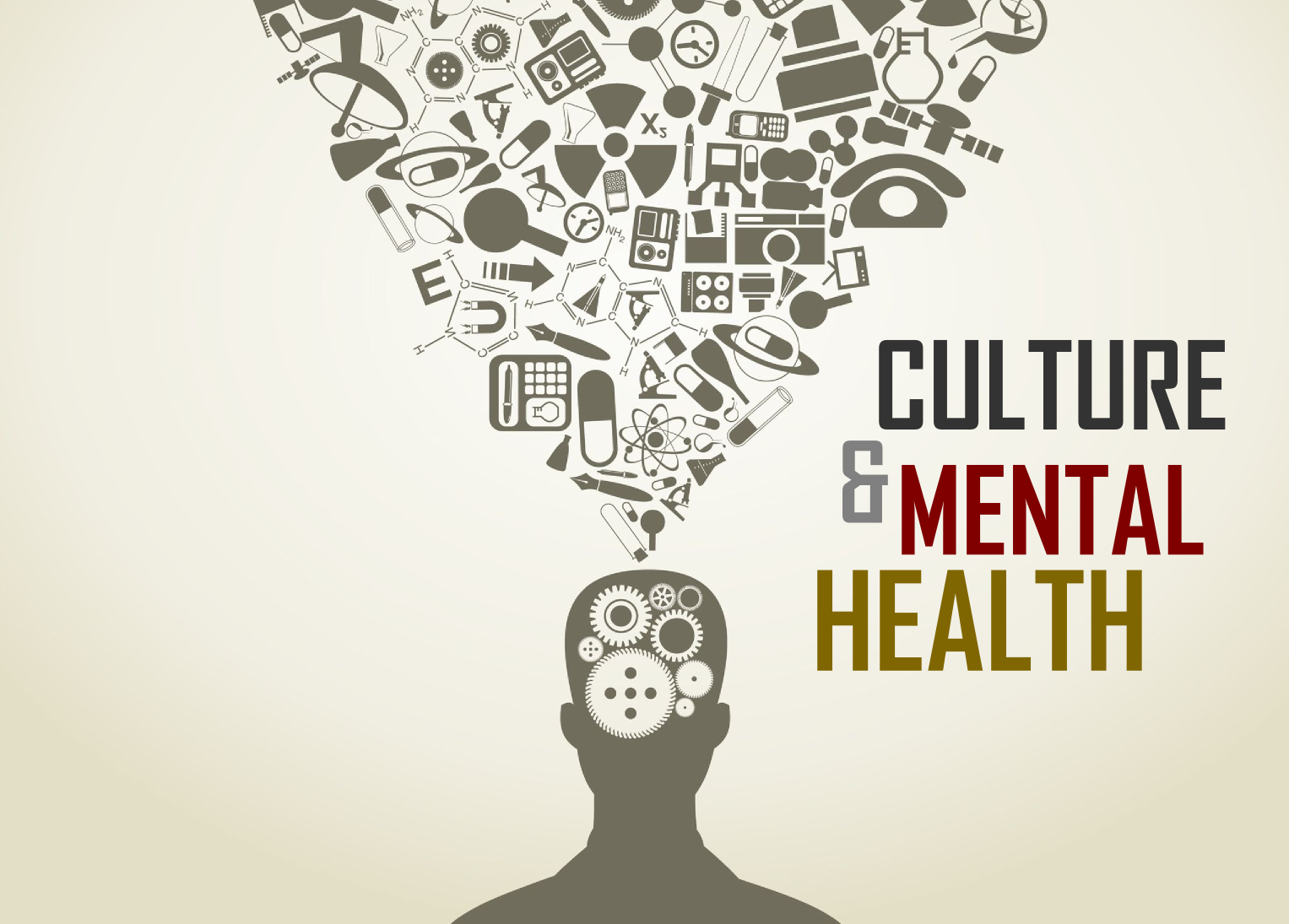
CULTURE AND MENTAL HEALTH
Mental health and substance use issues have been identified as critical health problems to the United States. Considerable resources have been allocated towards finding effective solutions to these present and ancient maladies; from medical, psychotherapeutic, educational, retributive and punitive measures, to spiritual and self-reliant recovery solutions arising from affected individuals and their families.
The Salt Lake Valley is inhabited by a variety of ethnic and group cultures: recent refugee-background and other immigrants from over 59 different ethnicities and countries (Utah’s Refugee Voices, 2006) whose perspectives on mental health and substance use, resilience and recovery are unknown to the professionals and to larger systems; LGBTQ populations, whose isolation within families impacts their mental health and substance use morbidity and other vulnerabilities; LDS, Muslims, Catholics, and other practicing religious individuals, whose chemical imbalances and dependencies often cannot be overcome by belief systems condemning the use of substances, including prescription drugs. Culture informs and shapes how mental health and substance use issues are present in all these groups. Culture shapes conceptions of awareness, empowerment and recovery among communities, families and directly affected individuals. It follows that any effective path to recovery must take into consideration the culture of impacted individuals.
Trauma, inflicted by others or caused by force of nature, is also a mental health issue (post-traumatic stress disorder), and as a source of opportunity for change and higher mental health levels (post-traumatic growth and resilience).
In recent years, a more holistic and inclusive approach encompassing all paths towards recovery has gained momentum among professionals, affected individuals, their families and communities. Despite this growing momentum, the need to incorporate ethnic and cultural perspectives to enhance outcomes among affected populations is yet to be systematically understood and implemented. Success in mental health and substance use recovery necessarily takes a myriad of forms influenced by culture and belief systems.
As a result of participating in this course, students will gain a deeper understanding of cultural factors effecting mental health and substance use incidence and recovery. Students in this course will have the opportunity to interact with these diverse communities. They will research the cultural characteristics that can foster opportunities for the expansion of mental health and substance use awareness, empowerment, recovery and advocacy among different cultures and age groups. They will identify the extent of specific problems and alternative interventions that can be implemented to improve outcomes and sustain healthy patterns.
Students will also identify successful strategies and direct interventions from larger systems. These strategies will take into account individuals, families and communities’ strengths and needs. Direct contact with individuals and families in recovery, professionals and community advocates will strengthen this course’s grassroots level, as well as allow students to identify innovative and long term solutions. Students will share these findings with these communities as valuable feedback for their recovery and advocacy efforts.
Thursdays, 4:10 – 7:10 pm
Faculty
Teresa Molina, CSW-MSW, MBA, PhD – Associate Director, University Neighborhood Partners and Assistant Professor, College of Social Work
Teresa Molina came to Utah in 2006. Since then, she has worked with Westside Salt Lake City residents in different capacities. Her research interests are mental health and community practice. Her research dissertation focused on recovery from intimate abuse among Latinas in Utah. She has conducted impact and empowerment program evaluation for the Westside Leadership Institute, and volunteered as an instructor for refugee nonprofit organizations and NAMI. She also worked with the Hartland Redwood Refugee Clinic. As Associate Director at University Neighborhood Partners, her mission is to support the development of UNP’s education pathways, community capacity building and community leadership partnerships. Teresa has a strong experience working in Mexico and Utah with individuals and families with mental health, substance use and domestic violence issues. She has an appointment as assistant professor/Career Line at the College of Social Work, where she teaches in the Case Management Certificate Program for Refugee and Immigrant Populations. Teresa is a member of the Latino Behavioral Health Services Board, NAMI Latino de Utah Task force, the Salt Lake County CODA Health Subcommittee, the Salt Lake City Human Rights Commission, and South Valley Service Board. Teresa earned her PhD and MSW degrees from the University of Utah; her MBA degree from Lake Superior State University, and her BS in Economics at UNAM.
Chris Chapman, PhD Licensed Psychologist
Chris Chapman is a native of Utah. He earned a Bachelor’s degree in Psychology from Westminster College in Salt Lake City. Chris finished his Doctoral degree in Clinical Psychology at Brigham Young University, and is currently a licensed Psychologist in Utah. He has worked in university counseling, consultation in the university setting, teaching, and in community mental health. Working with individual, couples, and group counseling, and he also has extensive experience conducting therapy in Spanish. Chris is a member of the LGBTQ Affirmative Therapists’ Guild of Utah and enjoyed working as an advocate for LGBTQ students in the university setting. He enjoys all types of therapy work, particularly group psychotherapy, trauma recovery, and helping people have more fulfilling relationships. As a professor he taught a number of diverse classes; some topics include Professional Ethics, Counseling Skills, Psychology of Gender, and Clinical Psychology. In his free time, Chris likes to get up into the mountains as much as possible. He loves to backpack, explore, and occasionally get lost.
